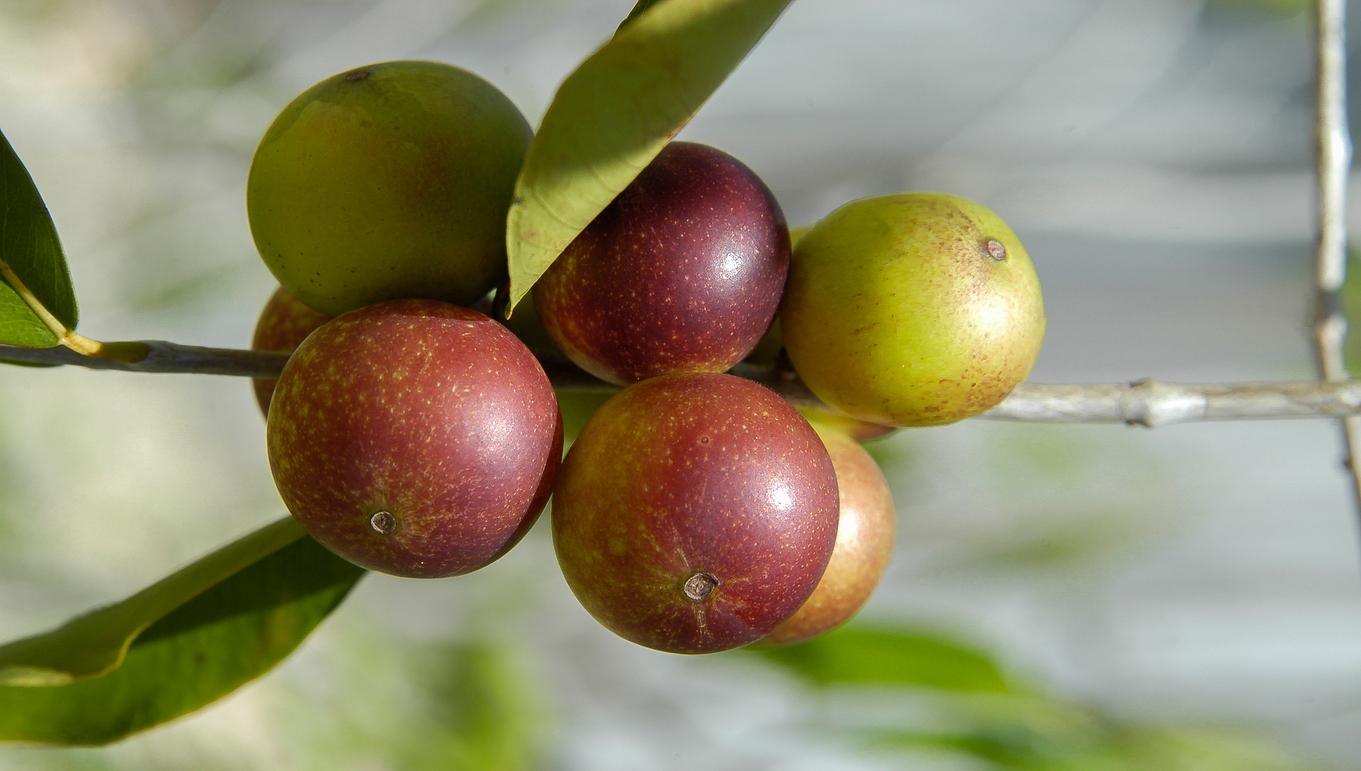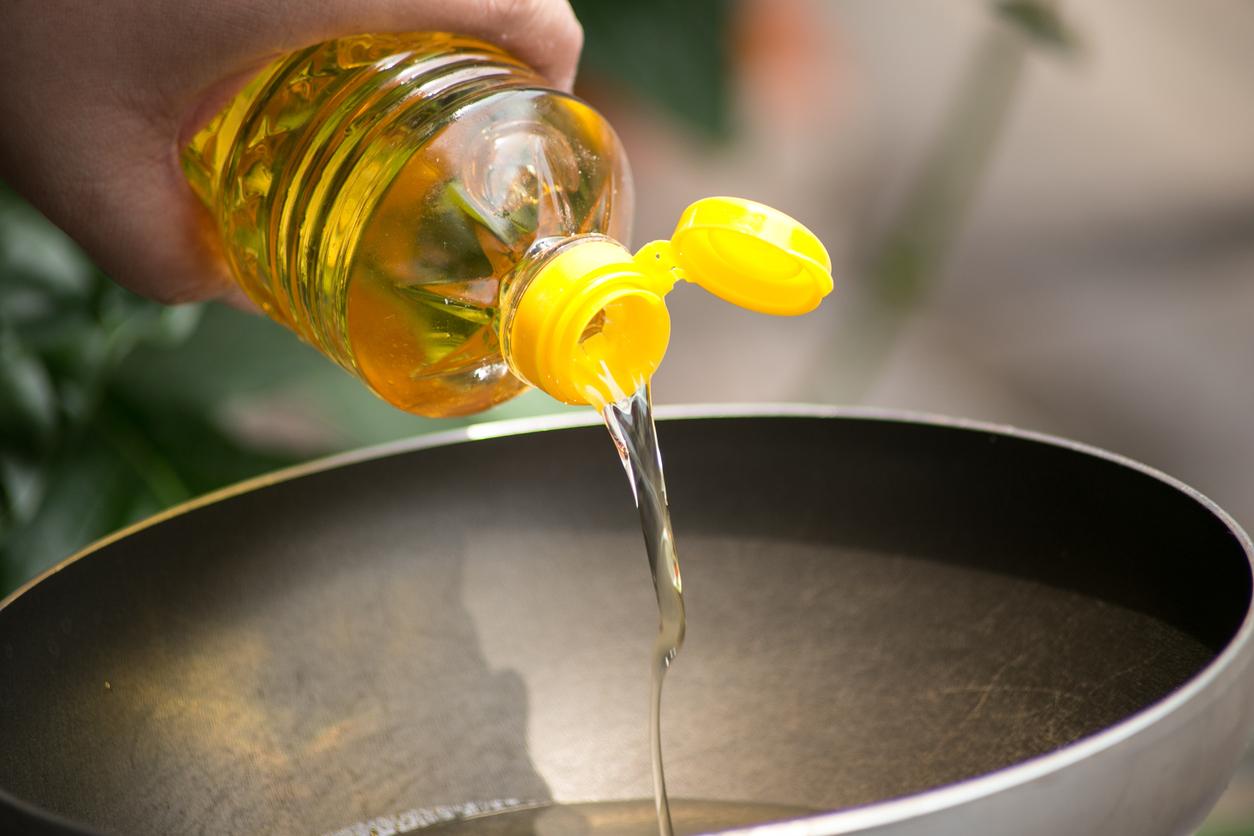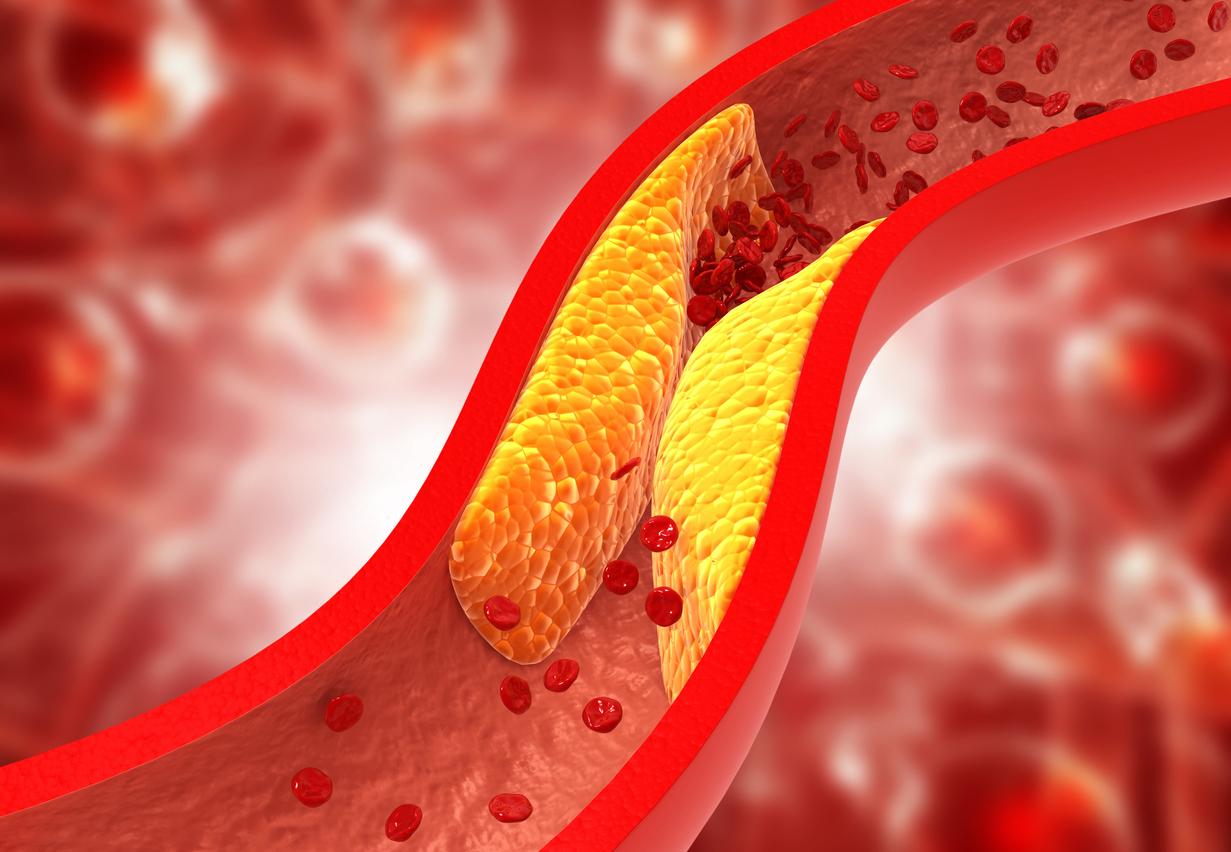What is fenugreek?
Fenugreek (Semen trigonellae foeni-greaci) is a plant whose leaves and seeds have been used for thousands of years. Originally from North Africa, it developed in Asia (mainly in India) and then throughout the world. If it is used in cooking in the form of a spice, it is also known for its multiple health benefits.
This medicinal plant was already present in Egypt at the time of the pharaohs, where it was used to embalm the body and soothe burns. Its use was then external.
Then over the centuries, we noticed the many therapeutic virtues derived from ingesting its seeds in the form of infusion, mother tincture or powder.
What are the properties and benefits of fenugreek?
Fenugreek seeds are a wealth of essential nutrients for health. Not only are they rich in vitamins (A, C, B1…)in mineral salts (magnesium, calcium, iron…), in antioxidants flavonoid-like, but also in phosphorus. Another particularity of trigonella, it contains many fibers called galactomannans, known to promote lactation in young mothers. Another advantage of senegrain seeds: they contain 30% protein.
Due to this incredibly rich composition, fenugreek has become a recognized medicinal plant. It is used for:
- diabetes (hypoglycemic by improving the action of insulin)
- cardiovascular illnesses (low cholesterol)
- stimulate the appetite in people who are depressed, anorexic or anemic
- soothe digestive disorders (bloating, slow digestion)
Does fenugreek make you fat?
Although fenugreek seeds stimulate the appetite soon after consumption, they will also form a gel with the liquids present in the stomach and thus cause an appetite suppressant effect.
How to use fenugreek?
Fenugreek seeds can be used externally, to treat skin conditions, or internally.
- Externally, to treat skin inflammation, dilute 50g of powdered seeds in ¼ liter of water. Pour this into the bath water. You can also use fenugreek as a poultice, by mixing 50g of powdered seeds with 1l of hot water to form a paste.
- Internally, to reduce blood sugar or fat levels, or to stimulate appetite, cold infuse 1 g of powdered fenugreek seeds in 125 ml of water for 3 hours. Filter, consume a cup of this preparation several times a day. You can also directly consume 5 g of powdered seeds twice a day for 3 months to obtain a significant drop in blood sugar in case of type II diabetes. Note that there are also fenugreek capsules in health food stores.
What are the contraindications of fenugreek?
Although fenugreek is a plant and therefore a natural remedy, its use may have contraindications.
If fenugreek is recommended for breastfeeding women, because it stimulates the rise of milk, it is not recommended for pregnant women. It can in fact cause contractions of the uterus that are harmful to the foetus.
In addition, due to its hypoglycemic power, people with diabetes should seek advice from their doctor before consuming fenugreek. Same thing for people who are coming out of surgery or will undergo one very soon or for people who have a blood clotting problem.
Finally, since it whets the appetite, beware of its use if you are overweight.
Source :
Read also: Cannabis, hemp or CBD: what’s the difference? Fennel: does it make you lose weight, what benefits, how to consume it? Nettle: health benefits, effects on hypertension, when to take it? Goji berry: what benefits, how to consume it ?


















